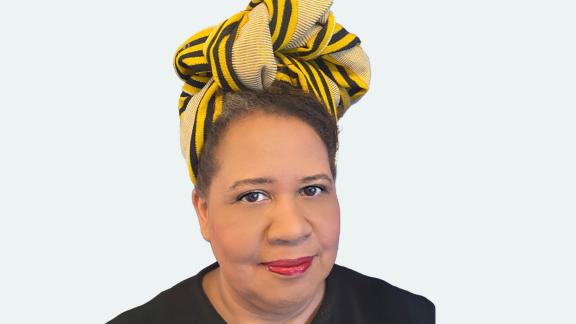Keeping equality at the forefront of NHS changes

While the recently published WRES and WDES reports show concerning statistics for BME staff, there is some hope on the horizon.
Since a very well-attended BME Leadership Network anti-racism conference back in May, the last few weeks have felt like the best of times, but for many also the worst of times. This tale of two NHSs is perhaps not on a scale of Dickens’s Tale of Two Cities, but it has still felt like living through a revolution of sorts. Together with many colleagues being directly affected by recent announcements on the abolition of NHS England and the deep staffing cuts to integrated care systems, there is also profound concern that the cuts and various local restructures will disproportionately impact on BME and disabled staff and board members, because this is historically what has happened.
The publication of the ninth edition of the NHS Workforce Race Equality Report (WRES) and the NHS Workforce Disability Equality Standard, while shining an important light on the historic problems, sadly again offers little by way of reassurance to those facing redundancy. The pace of change remains slow for colleagues from some ethnic groups, with little evidence of sustainability in the face of current change. Eighty per cent of NHS trusts report that white applicants are significantly more likely than BME applicants to be appointed from shortlisting. This is an increase from 76 per cent the year before. In the face of cuts and restructuring the NHS, WRES confirms that BME staff are right to be concerned.
Hopes for better times
Perhaps also not quite the best of times, but nevertheless a sense of better times was heralded by additional funding promised to help drive improvement in patient access and care. This is together with the Ten-Year Health Plan, which I am personally calling the ‘NHS Sankofa Plan’ in a nod to my Ghanaian heritage.
“The Sankofa is a bird with feet forward but head backwards, retrieving the best from the past to take forward to the future”
The Sankofa is a bird with feet forward but head backwards, retrieving the best from the past to take forward to the future. The plan includes a lot of what we lost in the NHS through previous reform and a lot of what we need right now. But without seeing the equality impact assessment, I guess we cannot say if it won’t leave anyone behind.
Other better times might also be on the horizon, linked to a promise of fairer pay in the government’s proposed new legislation that will help tackle the ethnicity and disability pay gap - a double whammy that can and does disproportionately affect colleagues from some ethnic groups, including black and Bangladeshi colleagues, who have suffered historic pay inequality in the NHS.
“The good news is that the government is also looking at finally bringing into force the Equality Act 2010 provisions on dual discrimination”
But it could also help black, Asian and ethnic minority colleagues who are more likely than their white counterparts to be living with a condition that is legally classed as a disability, such as cancer survivors (including prostate cancer), diabetes, hypertension with complications, sickle cell, mental health crisis and other long-term and enduring conditions. The good news is that the government is also looking at finally bringing into force the Equality Act 2010 provisions on dual discrimination. This prohibits direct discrimination based on a combination of no more than two of the protected characteristics: age, disability, gender reassignment, race, religion or belief, sex, and sexual orientation. This will allow people to bring a claim that recognises dual discrimination. It will at least focus minds on what we can and must do to tackle racism, discrimination, inequality and, in some cases, harassment or victimisation linked to race, without ignoring the diverse interventions needed to tackle and prevent stigma and discrimination rooted in other characteristics.
The NHS Confederation’s BME Leadership Network has worked hard to pull together insights and evidence from our members to help us shape our response to the government on recent consultations on the new race and disability equality bill, the mental health bill 2025, statutory Implementation of the Patient and Carer Race Equality Framework (PCREF) and the Equality and Human Rights Commission’s consultation code of practice.
I am hopeful that this evidence will help build better times that leave no one behind.
Alexandra Ankrah is head of the Health Equity, Sustainability and Partnership Programme for the NHS Confederation and NHS England.



